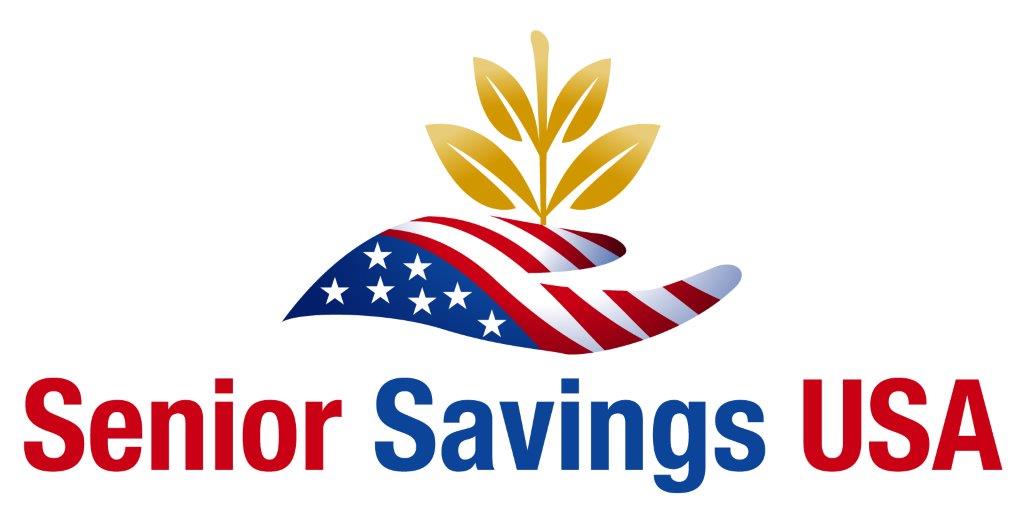
If you miss paying your Medicare premiums, you run the risk of losing your Medicare coverage. However, you can’t just lose your coverage instantly without prior warning. Though Medicare Part A is free for most beneficiaries, Medicare Parts B and Part D charge a premium, and so do some Part C plans. If you are enrolled in Social Security, your Medicare Part B premiums will automatically be paid from your benefits.
You can also arrange to have your Medicare Part D or Medicare Advantage (if you opt for it instead of Original Medicare) premiums paid through your Social Security benefits. However, if you are not receiving Social Security benefits, you are required to pay directly.
Here is what will happen if you don’t pay your premiums.
What Happens If You Don’t Pay Your Medicare Part B Premium?
You are required to pay your Part B monthly premium by the 25th of the month that follows your initial bill’s date. If you don’t pay by that date, Medicare will send you a second bill asking you to pay. And this second payment will be due by the 25th of the following month. If, after this, you still haven’t paid your premium, Medicare will send you a delinquency notice. At this point, you are required to pay the total overdue bills by the 25th of the following month if you don’t want to lose your coverage.
Overall, you have a total of 3 months to pay your initial Part B bill. If you don’t pay during this period, you will receive a termination notice which informs you that you are no longer covered by Medicare. However, suppose you can pay the premiums you owe within 30 days of receiving the termination notice. In that case, Medicare allows you to continue to receive Part B coverage. But if you don’t, your coverage will be discontinued, and you will need to sign up once again during the general enrollment period.
What Happens If You Don’t Pay Your Medicare Part C or Part D Premium?
The consequences of missing your Medicare Part C or Part D premium will depend on your plan. No matter what, the plan will warn you before terminating your coverage. A plan is required to provide a grace period of at least two months, and some plans offer a more extended grace period. If you miss your premium payment, you will receive a written notice, which will include when your grace period will end.
Now, suppose you fail to send in the total overdue amount by the end of your grace period. In that case, you risk disenrollment from your Medicare plan. Those that are disenrolled from their Medicare Part C or Part D plan will have the option to re-enroll during the annual enrollment period. However, since you are disenrolled from your plan due to your failure to pay your premiums, most plans will need you to pay your outstanding premiums before you can get back on the plan.
If you have more questions about what may happen if you don’t pay your Medicare premiums, contact Senior Savings USA.
